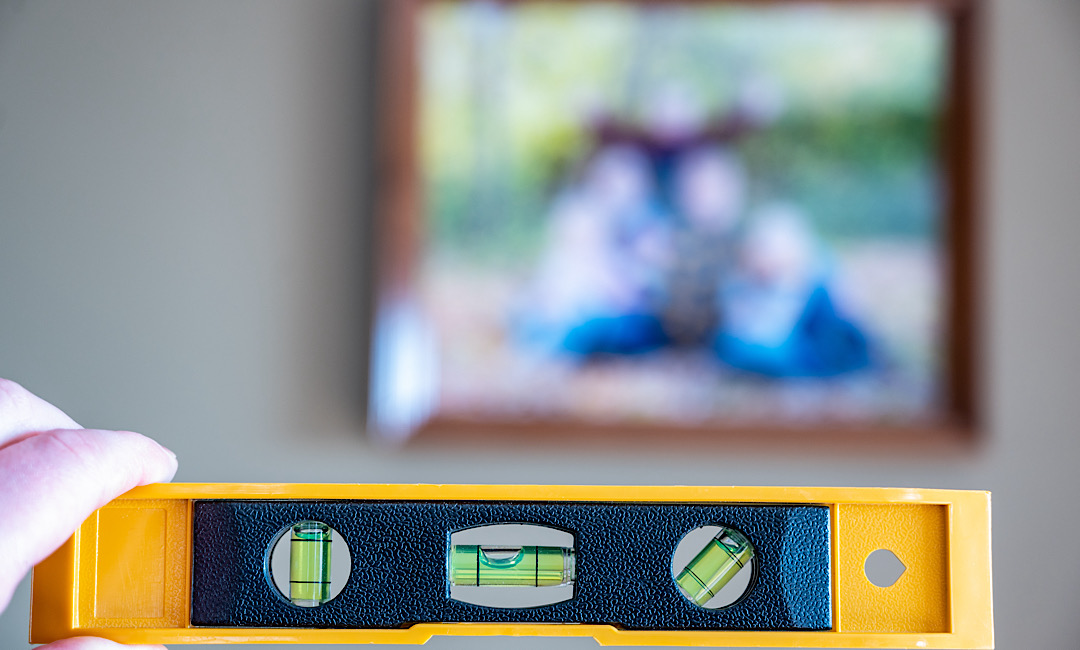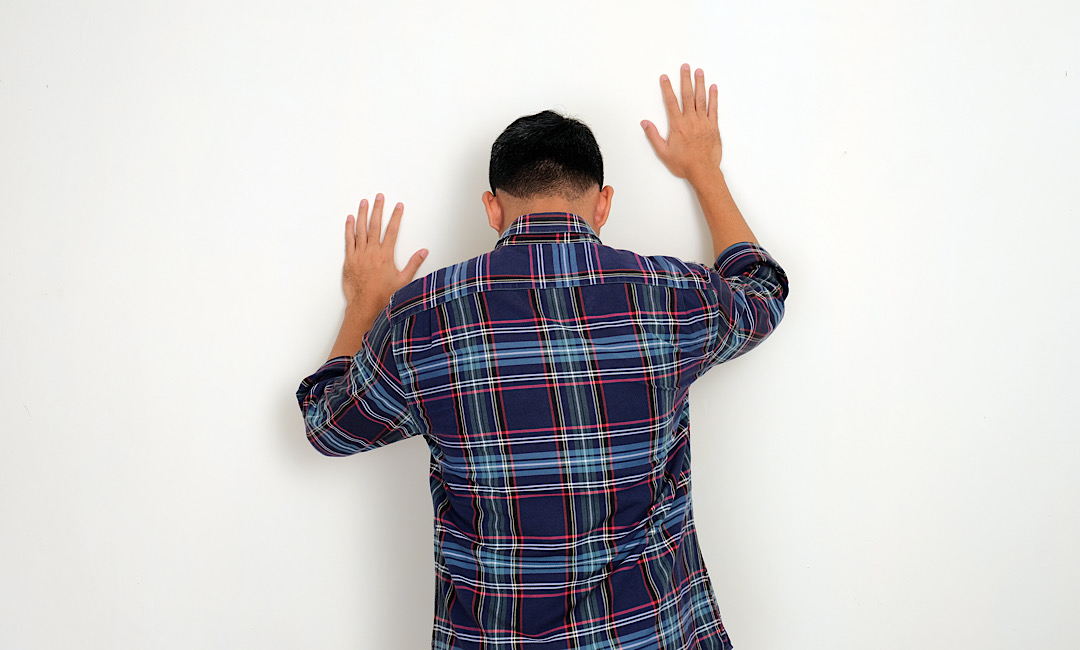Understanding the Risks of Bowed Basement Walls
Bowed basement walls are a serious warning sign of foundation issues that can threaten the structural stability of your home. Your foundation plays a crucial role in supporting the entire weight of the structure and maintaining its level position. Over time, however, it can be compromised by external pressures—particularly from the surrounding soil.
Bowing occurs when the basement walls begin to curve or lean inward, typically due to hydrostatic pressure caused by water-saturated soil. If left untreated, this can lead to foundation cracks, instability, and in extreme cases, even a complete foundation collapse.
If you suspect your basement walls are bowing, don’t wait—contact Idaho Concrete Lifting!
Signs of Leaning or Bowing Walls
The signs of bowing or leaning walls can be subtle at first, but they often indicate a deeper structural issue. Watch for:
- Horizontal or diagonal foundation cracks
- Walls bulging inward
- Water seepage in the basement
- Doors and windows that stick or are misaligned
- Uneven or sloping floors
These issues often stem from the soil around your home exerting pressure on the foundation, or from the home settling unevenly over time.
What To Do If Your Basement Has Bowing Walls
Bowing walls should be addressed as soon as they are discovered to prevent further damage. Here’s what to do:
- Schedule a professional inspection
Idaho Concrete Liftings foundation repair expert will assess the severity and cause of the problem. - Follow a tailored repair plan
Depending on the extent of the bowing, your Idaho Concrete Lifting may recommend:- Wall anchors
- Carbon fiber reinforcement
- Helical Piers
- Steel Push Piers
Early intervention not only protects your home’s structural integrity—it also saves you money by avoiding more extensive repairs down the road.
Bowed Wall Repairs
The right repair method depends on how far the wall has bowed and the overall condition of your foundation. Common repair solutions include:
- Wall Anchors: Installed outside the home to stabilize and potentially straighten walls over time.
- Carbon Fiber Straps: Strong, low-profile reinforcements ideal for minor to moderate bowing.
- Steel I-Beams: Provide strong support for severely bowed walls and help resist further movement.
- Full Wall Replacement: Reserved for extreme cases where the integrity of the wall is beyond repair.
Why Choose Idaho Concrete Lifting?
Idaho Concrete Lifting is owned and operated by an engineer who is a certified and experienced foundation repair professional. Our team uses the latest techniques and equipment to ensure your repairs are long-lasting and up to code.
We’re committed to helping you restore your home’s safety and stability—with expert service you can trust.
REQUEST FREE ESTIMATE

